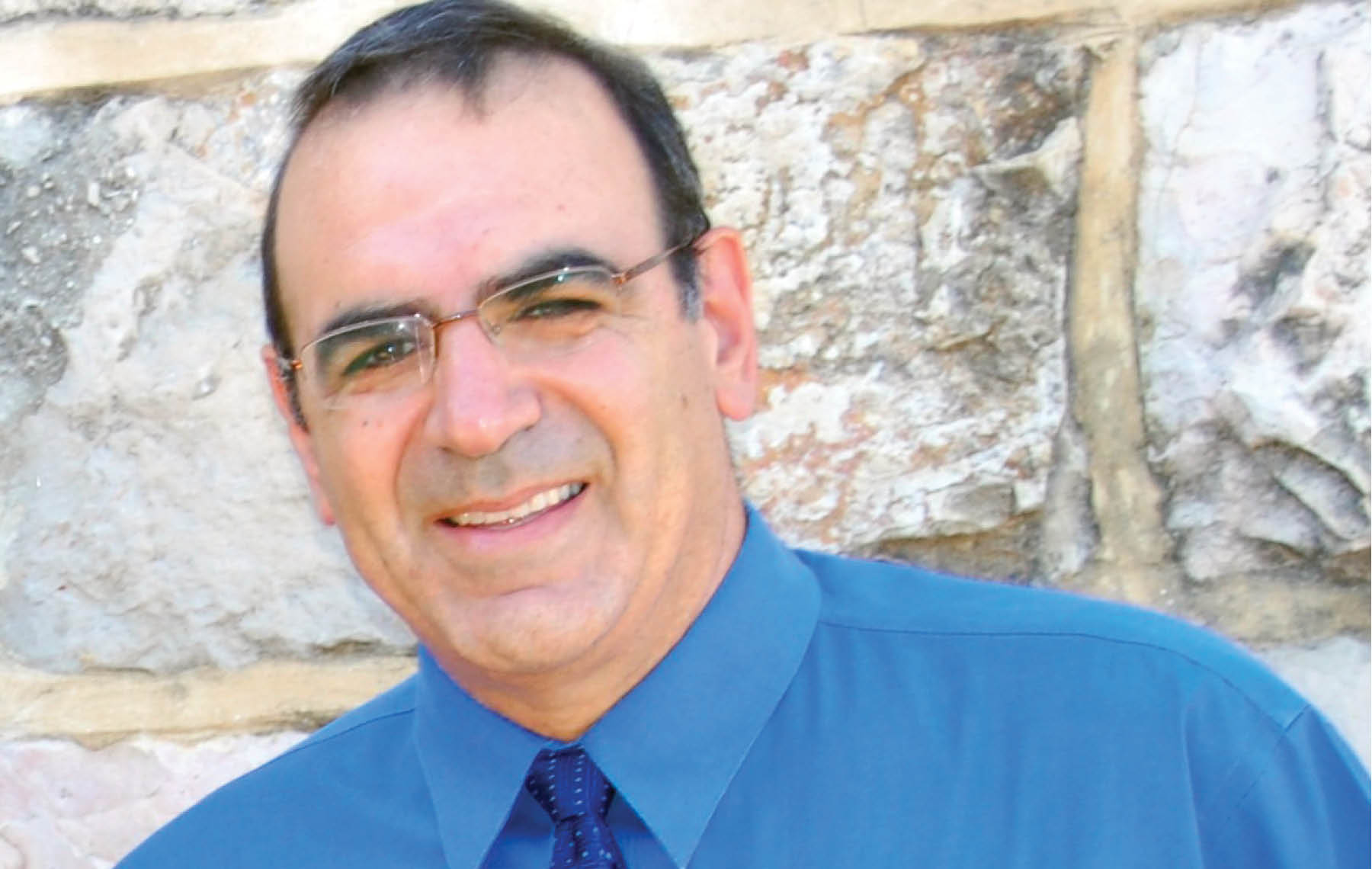 Eyal Sher
Eyal Sher Saying that Eyal Sher lives and breathes Jerusalem is like saying the Western Wall is old. Sher’s matrilineal line to the holy city stretches back 18 generations. It seems only natural then, that five years ago the 61-year-old screenwriter, producer and director was selected as the director of the Israel Festival, a seminal spring event on the Jerusalem calendar that celebrates multidisciplinary arts from all over the world.
At least half of the festival’s audience comes from outside Jerusalem, and one of Sher’s challenges is to spread the appeal closer to home. No small feat for a city that is consistently ranked as Israel’s poorest.
Yet while all of the festival’s events are heavily subsidized, a large chunk of Jerusalem’s population — the Charedi and Arab sectors in particular — shows little interest in the event. In the past, Sher has fought this head on, having Arab artists collaborate with their Jewish counterparts. “For the first time, they actually get to know ‘the other,’ ” Sher said. “And it’s no longer Israelis and Arabs. It’s ‘I’m the director, you’re the actor, you’re the cameraman’ and so on.”
The festival also strives to include a range of public performances so that passersby can catch some of the action. This year, a van that opens into a stage will travel around the city’s poorer neighborhoods and showcase hip-hop, spoken word and other performances.
“The complexity of Jerusalem is what makes it interesting,” Sher said, adding that the art coming out of the city is almost always groundbreaking.
“The complexity of Jerusalem is what makes it interesting.”
Yet despite his family’s roots in the Israeli capital, Sher spent much of his childhood overseas. The son of an Israeli diplomat, he celebrated his bar mitzvah in the West African nation of Togo, and spent a total of two decades in Los Angeles. He first arrived in L.A. on a basketball scholarship to study film and TV at UCLA. After graduation, he took an eight-month internship with producer Howard Rosenman, who, Sher said, became his mentor. Sher fondly recalls Rosenman’s caustic wisecracks. “He’d ask me, ‘Are you rich? Do you have family here? So what the f— do you want to be in Hollywood for?’ ”
Six months into his internship, Rosenman hired him as director of development. Even though he wasn’t earning much, Sher credits his time in Hollywood as a “very wonderful, creative period. I’m a born dreamer,” he said “And in L.A., you could dream. You may not reach your dream but you’ll have a very fun time.”
Sher went on to write critically acclaimed Israeli movies including “Under the Domim Tree” (1994) and “The Dybbuk of the Holy Apple Field” (1997).
But the city of his birth beckoned again. “I’m always coming back to Jerusalem,” Sher said. “When you deal with the arts in Jerusalem, you always touch on things beyond: economy, education, tourism, coexistence, politics.”
And when it comes to politics, the festival has been the target of cultural boycotts from the boycott, divestment and sanctions (BDS) movement. According to Sher, the movement’s efforts have largely failed, with only two artists pulling out in four years of his stewardship. He tells potential participants that the festival’s role is to foster dialogue and build bridges.
“The whole idea of inviting them,” Sher said, is [to enable them] to present things that explore, that investigate and that show [things] in a different light.” n























 More news and opinions than at a Shabbat dinner, right in your inbox.
More news and opinions than at a Shabbat dinner, right in your inbox.